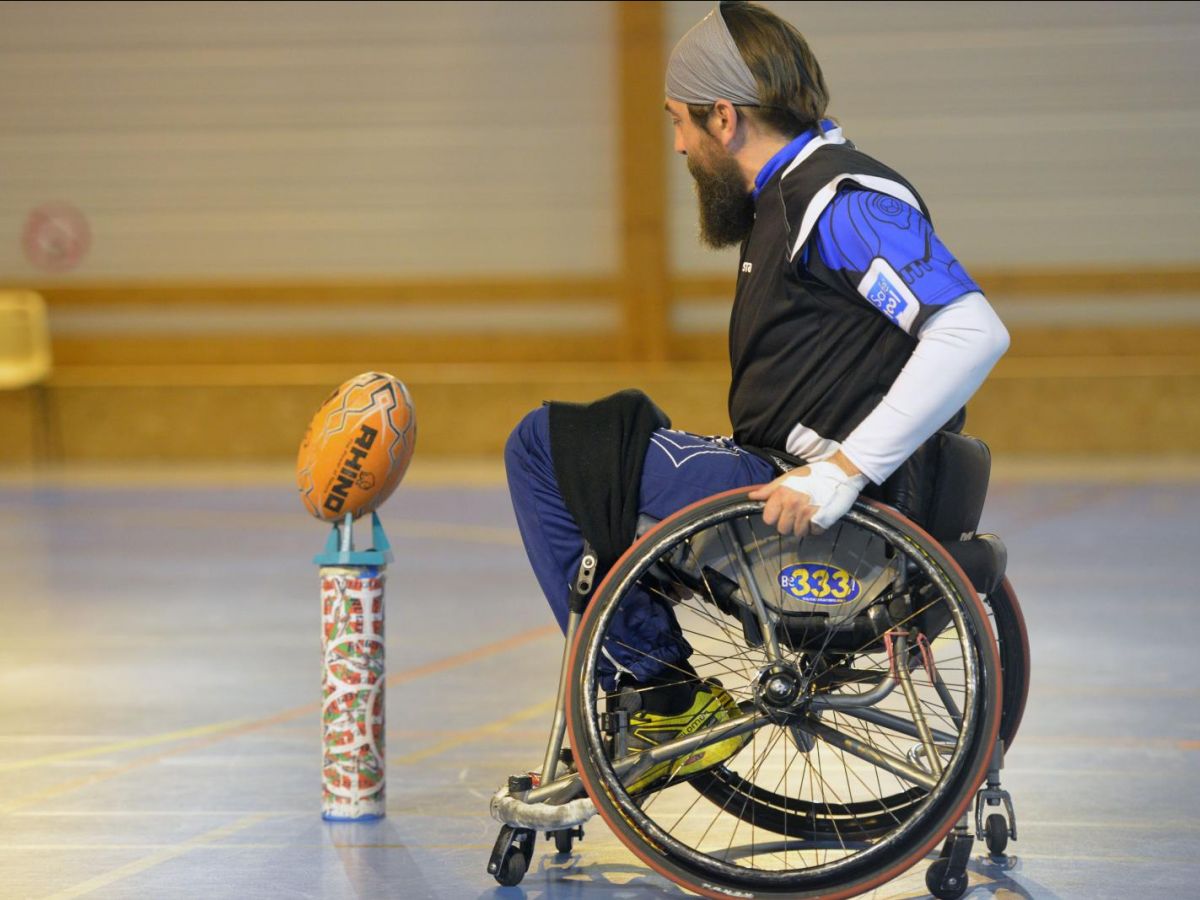"We must not let people believe that people with PCOS are doomed.". The main cause of female infertility, polycystic ovarian syndrome (PCOS) affects nearly one in ten women worldwide. Paolo Giacobini, Inserm research director at the Lille Neuroscience and Cognition Research Center, wants to give them hope. In a publication available in the journal Cell Metabolism, his team demonstrated that exposure to high levels of anti-Müllerian hormone (AMH) just after birth increases the risk of developing PCOS in adulthood. By blocking AMH receptors in mice during this time, they were able to prevent the onset of the syndrome.
A set of varied symptoms
Today, the origin of PCOS is still debated by the scientific community. In 2016, Paolo Giacobini and his team were the first to report AMH hormone activity outside of the ovary. One of the functions of this hormone is to regulate the growth of ovarian follicles: the small clusters of cells that contain eggs. “In 2016, it was shown that AMH also travels to the hypothalamus in the brain to stimulate neurons that produce GnRH (Gonadotropin Releasing Hormone) hormones, which are the true conductors of the reproductive function.”, recalls the researcher.
Diagram of the female genital system showing a polycystic ovary. Credits: VERONIKA ZAKHAROVA / SCIENCE PHOTO / VZA / SCIENCE PHOTO LIBRARY VIA AFP
GnRH stimulates the production and secretion of the pituitary hormones LH (luteinizing hormone) and FSH (follicle-stimulating hormone), which control ovarian function and the production of sex hormones. When excess LH is released, it can lead to a surge in androgen production, which causes several symptoms of PCOS.
To be diagnosed with PCOS, at least two symptoms must be recognized. The presence of an ovary with a polycystic morphology, although these are not true cysts, but an accumulation of immature follicles on the ovary. The misnamed PCOS is often the cause of menstrual cycle disorders, even amenorrhea (absence of periods), an ovulation disorder that causes infertility. The overproduction of androgen hormones, particularly testosterone, can lead to excessive hair growth, even hirsutism, acne and alopecia (hair loss). Or the overproduction of AMH by the ovary.
Aside from these diagnostic criteria, metabolic symptoms such as obesity or overweight, insulin resistance, and high insulin levels are often associated with PCOS.
Read alsoPCOS: Women with polycystic ovary syndrome are 8 times more likely to commit suicide
Excess hormones that can reprogram the fetus
Between 2018 and today, the Lille team's research has shown initial results showing that prenatal exposure to high levels of the AMH hormone predisposes female offspring to develop PCOS in adulthood. In their latest publication, the team concludes that in mice, even after birth, excessive exposure to the AMH hormone can program the offspring to develop the syndrome in adulthood.
“This period is called mini-puberty, explains Paolo Giacobini. This is a key transitional phase in the growth of all mammals (including humans). It occurs in the first days or months after birth, depending on the species. During this period, there is stimulation of the neurons that produce the hormone GnRH. This leads to an increase in the production of sex hormones.
The researchers administered three injections of AMH to the mice during this period to simulate abnormally high exposure to this hormone. These mice developed PCOS as adults. They then hypothesized that by blocking this overproduction of AMH, it would be possible to prevent or even treat PCOS symptoms.
To do this, they developed a new antibody, called Ha13, to block AMH receptors in the ovaries and on the neurons that produce GnRH. This treatment was then administered to two groups of mice, one during their mini-puberty and the other in adulthood.
Result : "Administered during mini-puberty, these AMH hormone blockers had a preventative effect: the mice in the first group did not develop the main symptoms of PCOS later in life. And in adult mice that already suffered from them, the antibodies helped reverse them: cycles, ovulation, and androgen levels returned to normal, which very likely suggests that fertility is improved," says Paolo Giacobini.
Read alsoEndometriosis and ovarian cancer: the influence of disease subtypes illuminated
Preventing and alleviating PCOS in mice
Effective in mice, this treatment prospect is promising for people with PCOS. However, one obstacle remains, "In humans, administering treatment during mini-puberty is not immediately possible, since PCOS diagnosis occurs only after the first menstruation.". Moreover, researchers have no idea what long-term effects blocking the AMH hormone will have. If its receptors are ultimately found not only in the ovary but also in the brain, it could also affect other organs. “We don’t want to risk treating one disorder and causing another!”, says Paolo Giacobini.
“PCOS has a hereditary cause, but that alone does not explain its frequency.”
PCOS is still very poorly understood. “PCOS is not a disease, but it is a syndrome, that is to say a set of symptoms with diverse and varied manifestations depending on the individual, recalls Paolo Giacobini. The phenotypic spectrum is very different from one person to another.”
This multifactorial cluster of symptoms makes it difficult to find a single cause for this syndrome. For the researcher, this set of hormonal and metabolic factors comes into play in synergy with genetic predispositions and environmental exposures: " PCOS has a hereditary cause, but this is not enough to explain its frequency, since it affects one in ten women.
More and more hospitals are offering monitoring for this syndrome. Paolo Giacobini and his team encourage those suffering from it to seek care from specialists who will listen to patients and offer solutions for each symptom, even infertility.



